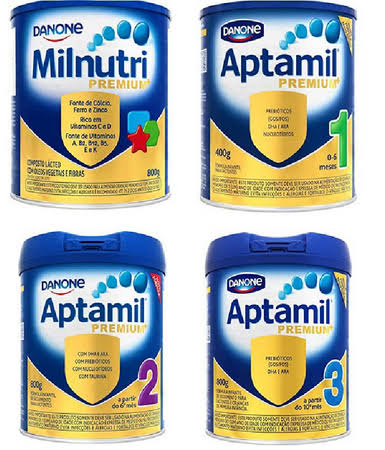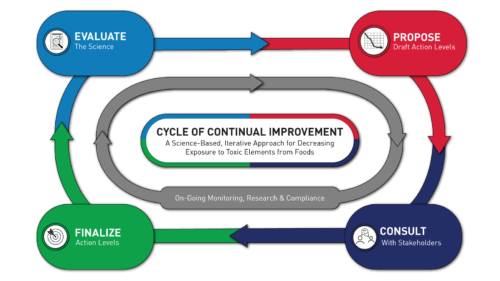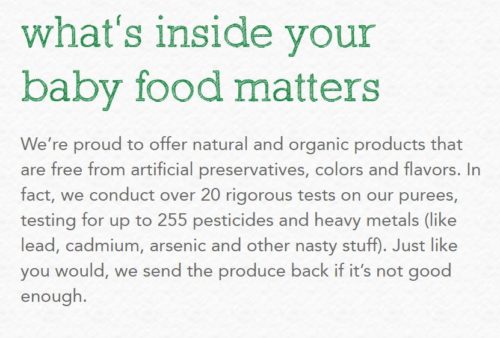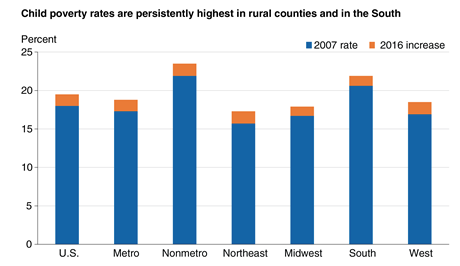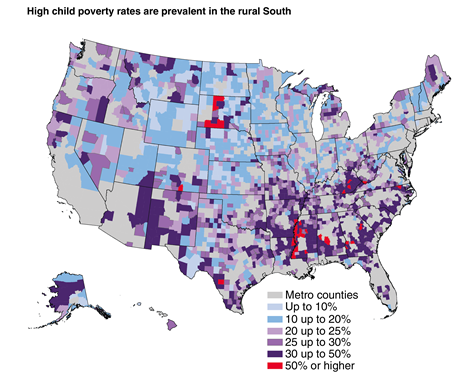Toxic metals still a big concern in baby foods
The House Oversight Subcommittee has just issued another report on neurotoxic heavy metals—arsenic, lead, cadmium—in baby foods: New Disclosures Show Dangerous Levels of Toxic Heavy Metals in Even More Baby Foods.
Food and Drug Administration (FDA)-funded testing conducted by the State of Alaska found that multiple samples of Beech-Nut’s and Gerber’s infant rice cereals contained more inorganic arsenic than FDA’s 100 parts per billion (ppb) limit (an already dangerously-high standard that FDA is now lowering). Beech-Nut issued a recall but limited it to product codes associated with only two of the six samples that Alaska’s testing found contained over 100 ppb. Its recall was therefore too narrow. Gerber failed
to recall product associated with either of its two infant rice cereal samples that tested over 100 ppb.
The FDA, it says is not doing enough—it is absent without leave-–on this issue.
This subcommittee issued its first report on this issue in February this year. Then, the press release included a statement from Subcommittee Chairman Rep. Raja Krishnamoorthi:
Baby food manufacturers hold a special position of public trust. But consumers mistakenly believe that these companies would not sell unsafe products. The Subcommittee’s staff report found that these manufacturers knowingly sell baby food containing high levels of toxic heavy metals. I hope companies will commit to making safer baby foods. Regardless, it’s time that we develop much better standards for the sake of future generations.
This new report says baby food manufacturers aren’t doing enough, and neither is the FDA. The subcommittee recommends:
To the FDA:
- Issue Maximum Toxic Heavy Metal Levels Sooner
- Mandate Finished-Product Testing
To Industry:
- Adopt Finished-Product Testing
- Voluntarily Phase Out Toxic Ingredients
Really? That’s the best they can do?
This is either a serious problem or it is not.
If they think it’s serious (it sure sounds serious to me), more immediate and tougher actions are needed. Now!
This has gone on long enough.
I’ve been posting about this issue since 2018. This year, it looked like the FDA was going to take firm action, but no such luck. Maybe this congressional subcommittee will get some action at long last.
- October 3, 2018 Rice cereals for infants: the arsenic problem
- February 9, 2021 Uh oh. Baby foods contain toxic metals—arsenic, lead, cadmium, mercury
- March 9, 2021 More on toxic metals in baby foods: FDA on the job!
- May 4, 2021 What is the FDA doing about heavy metals in baby food?

